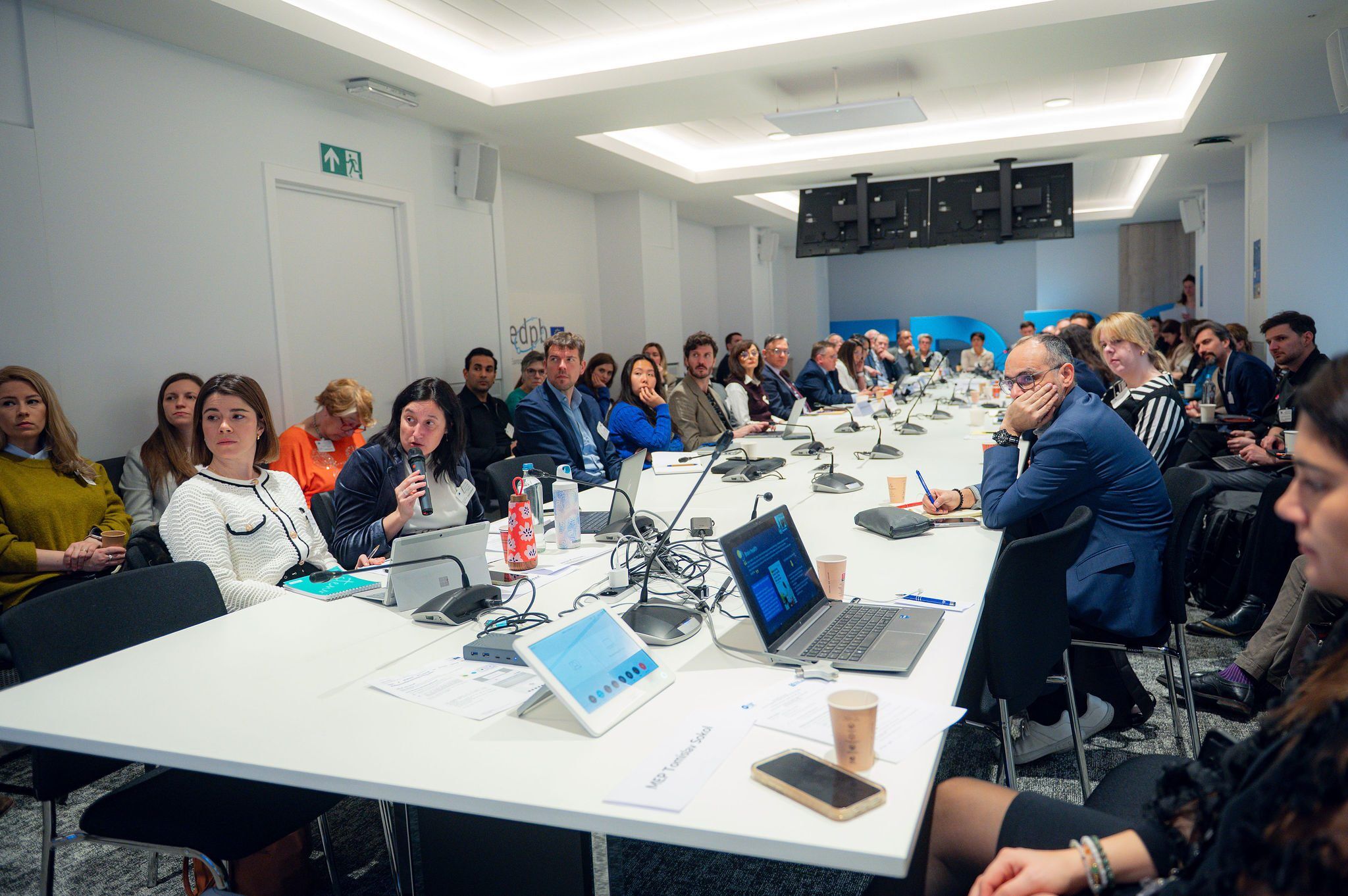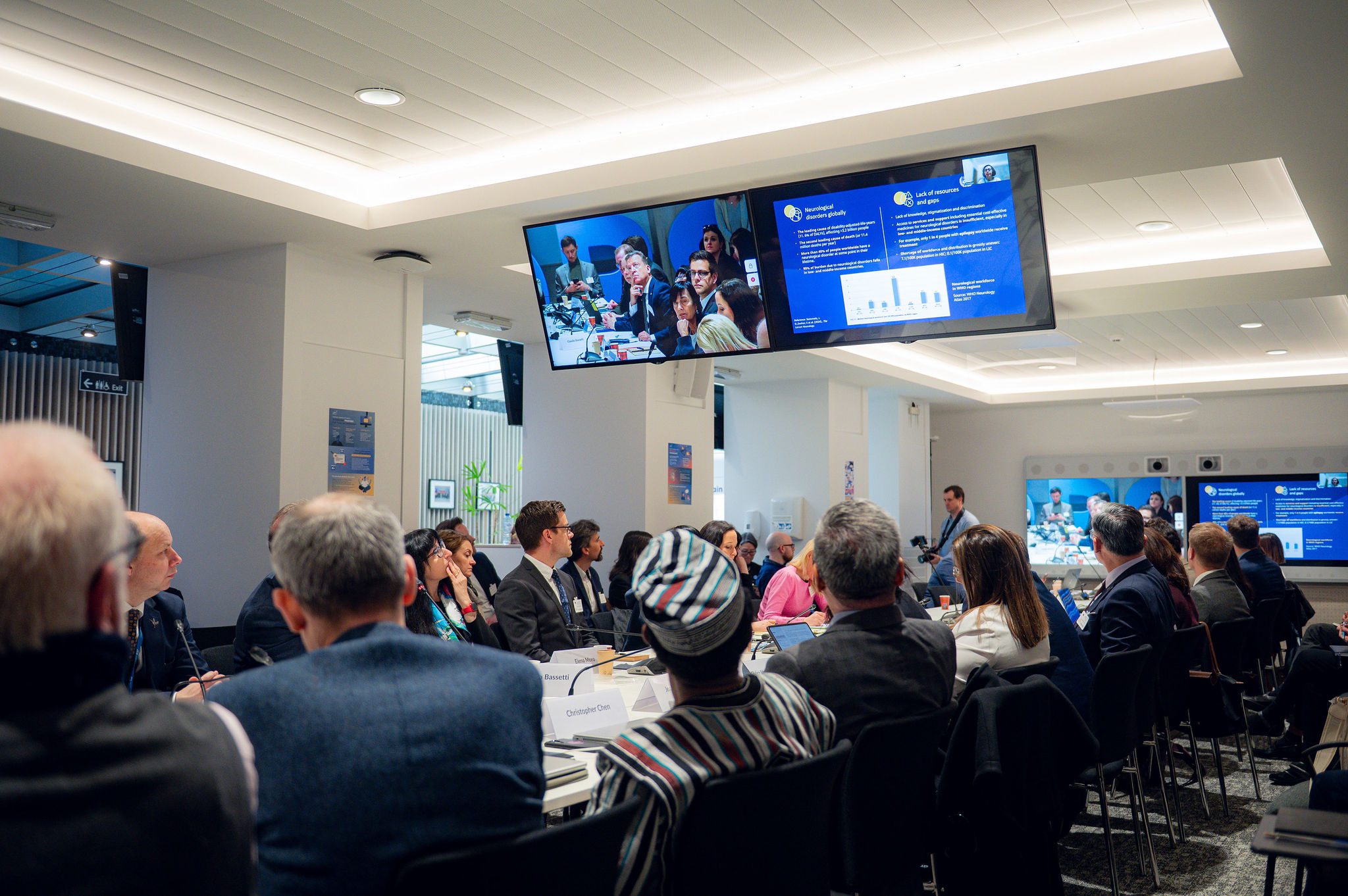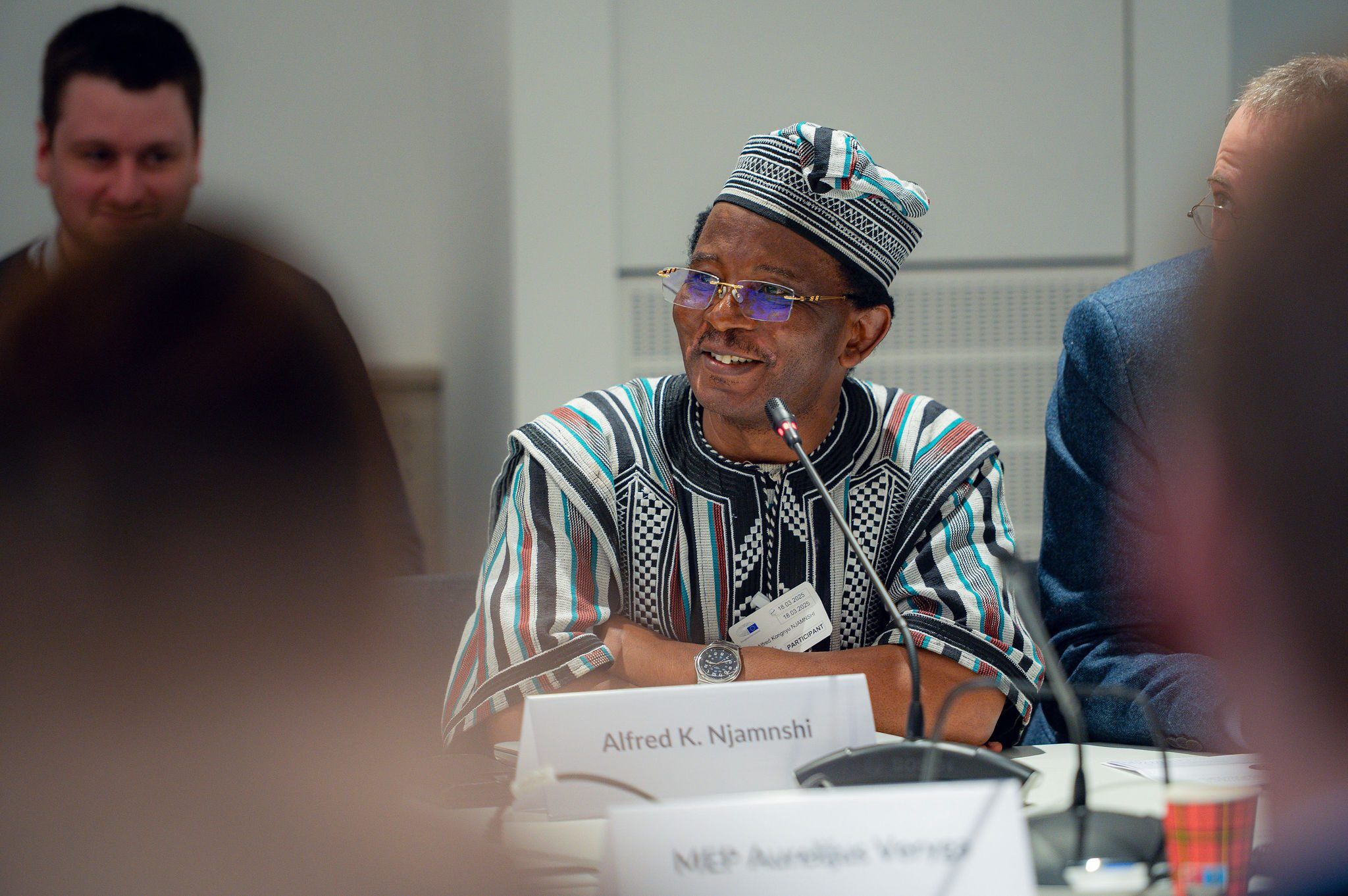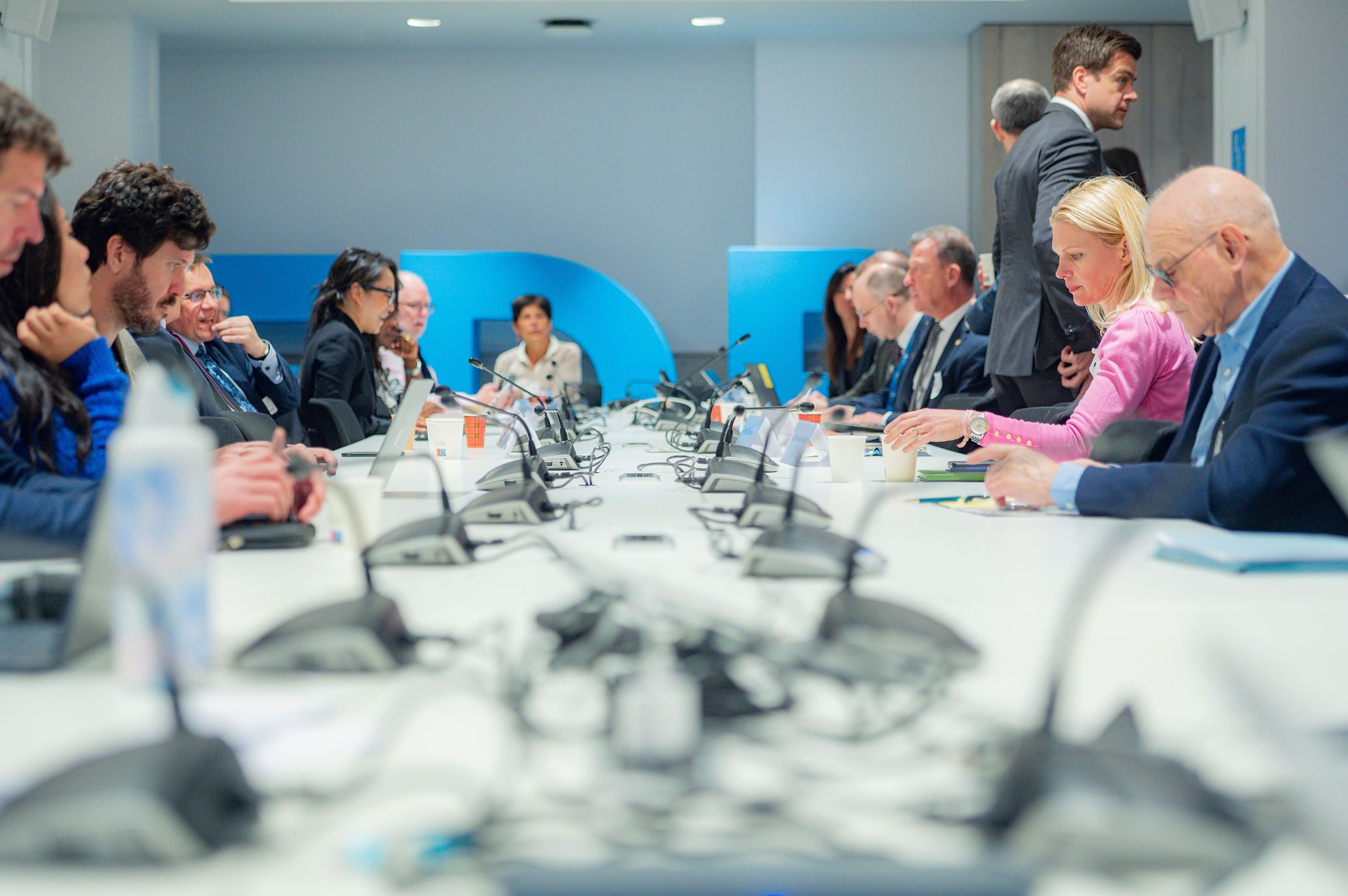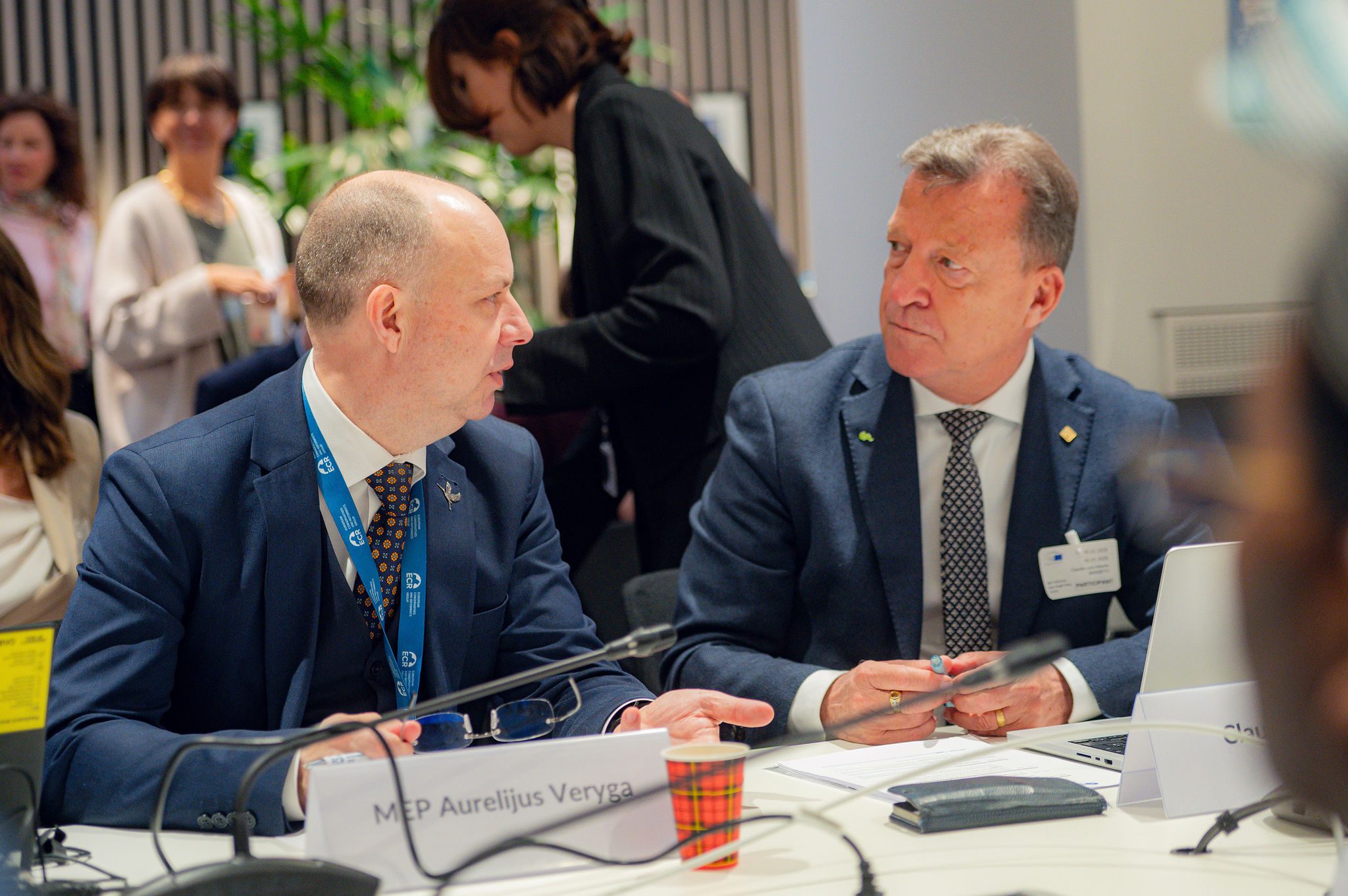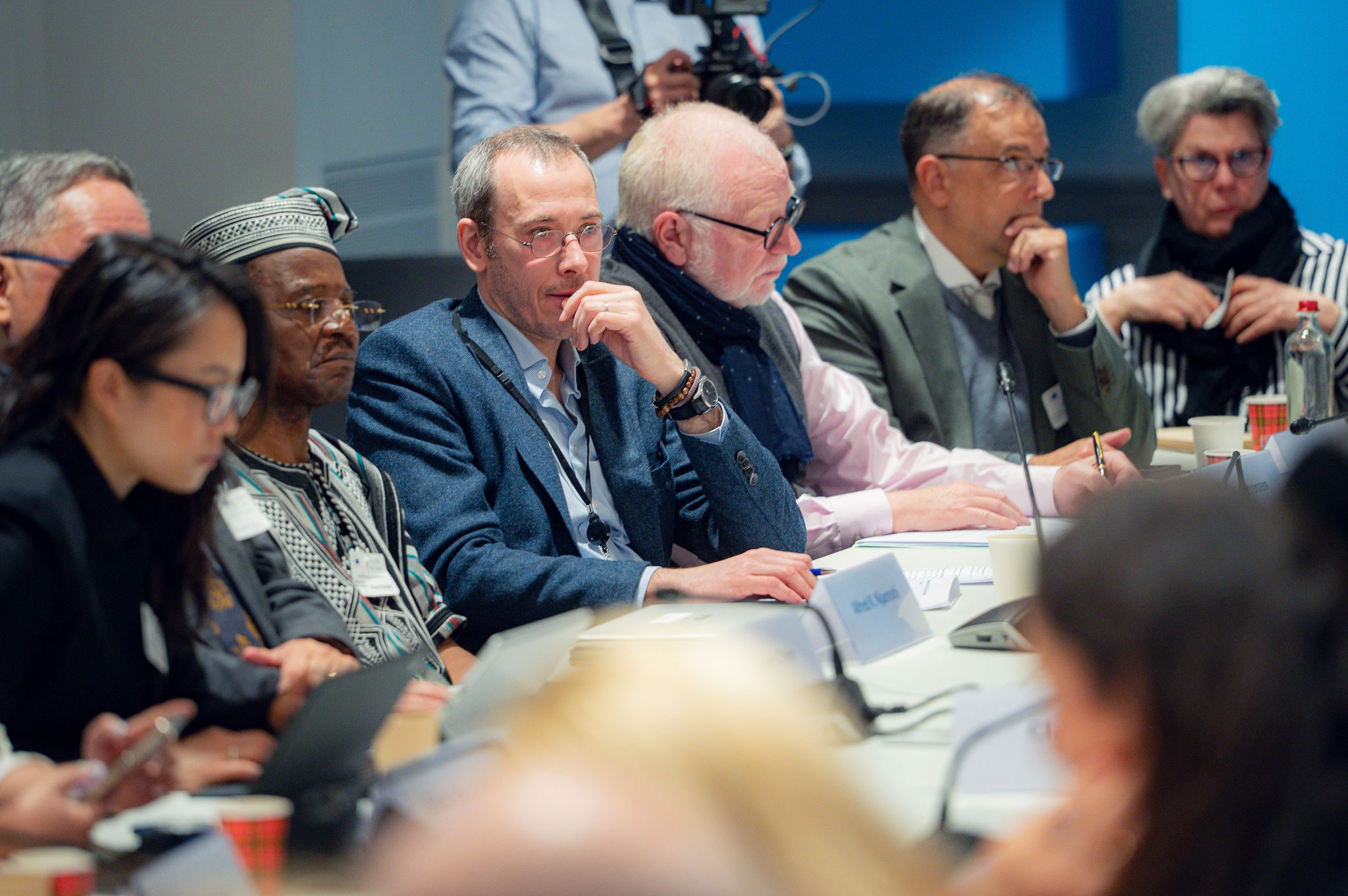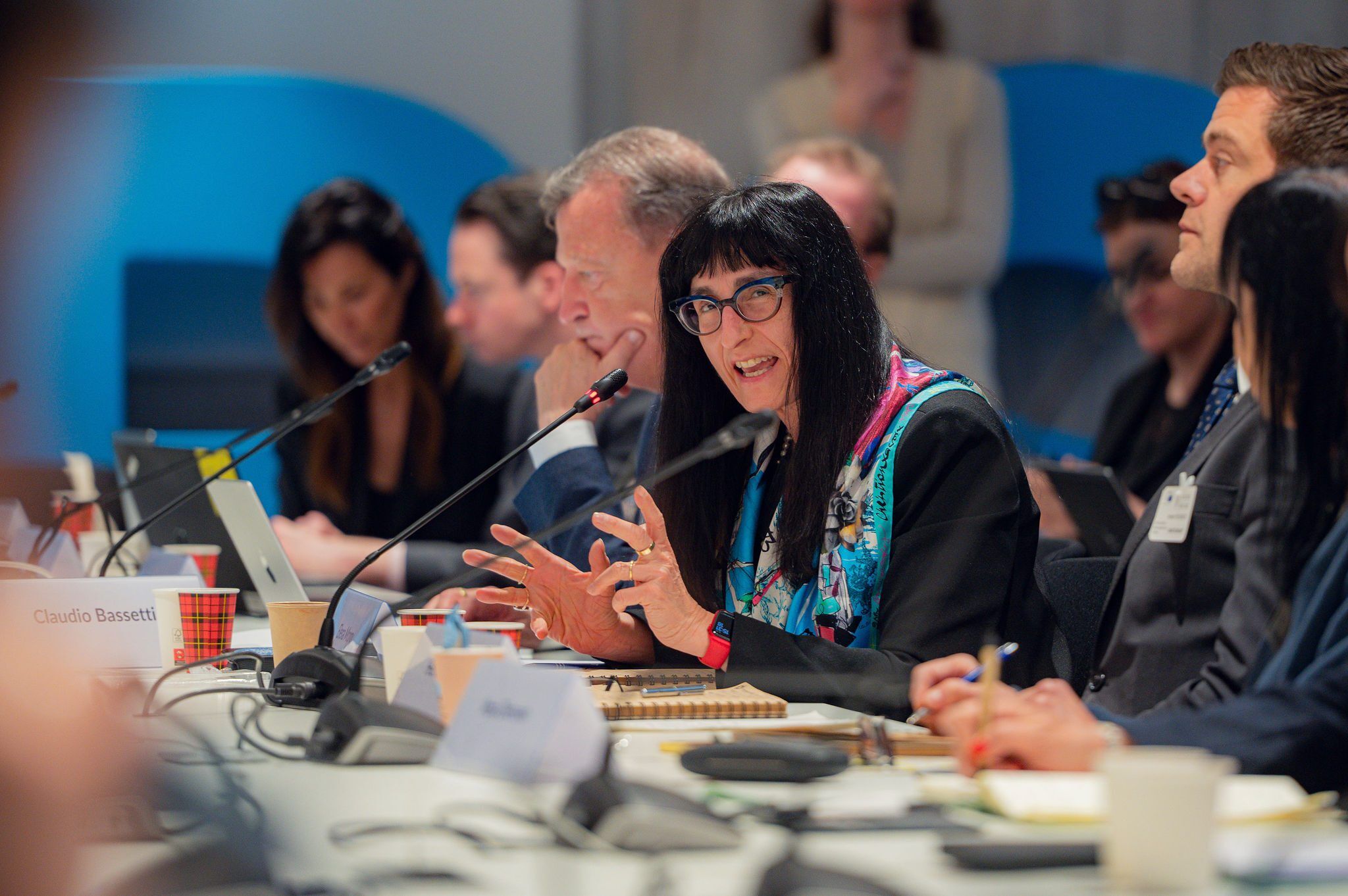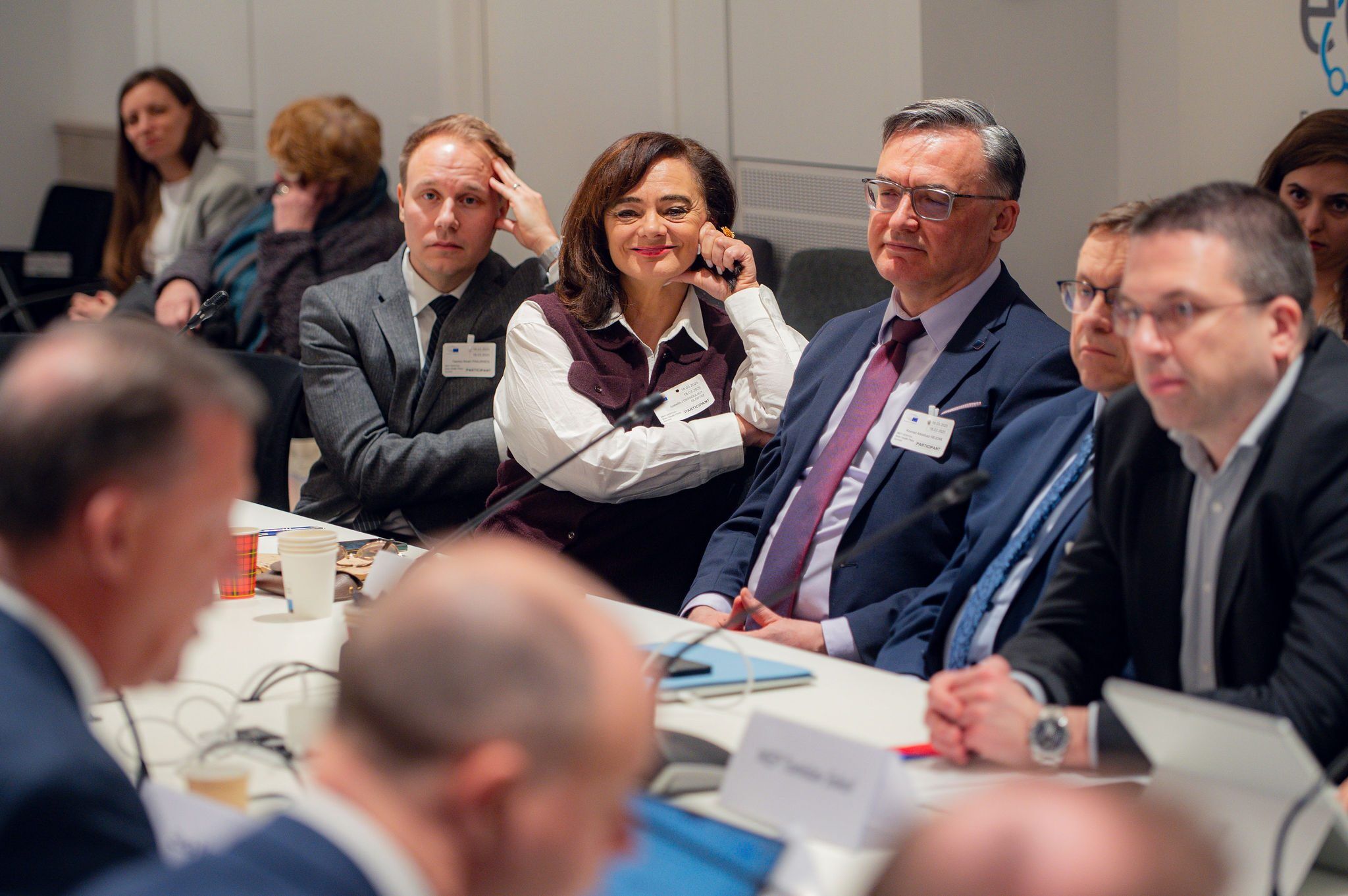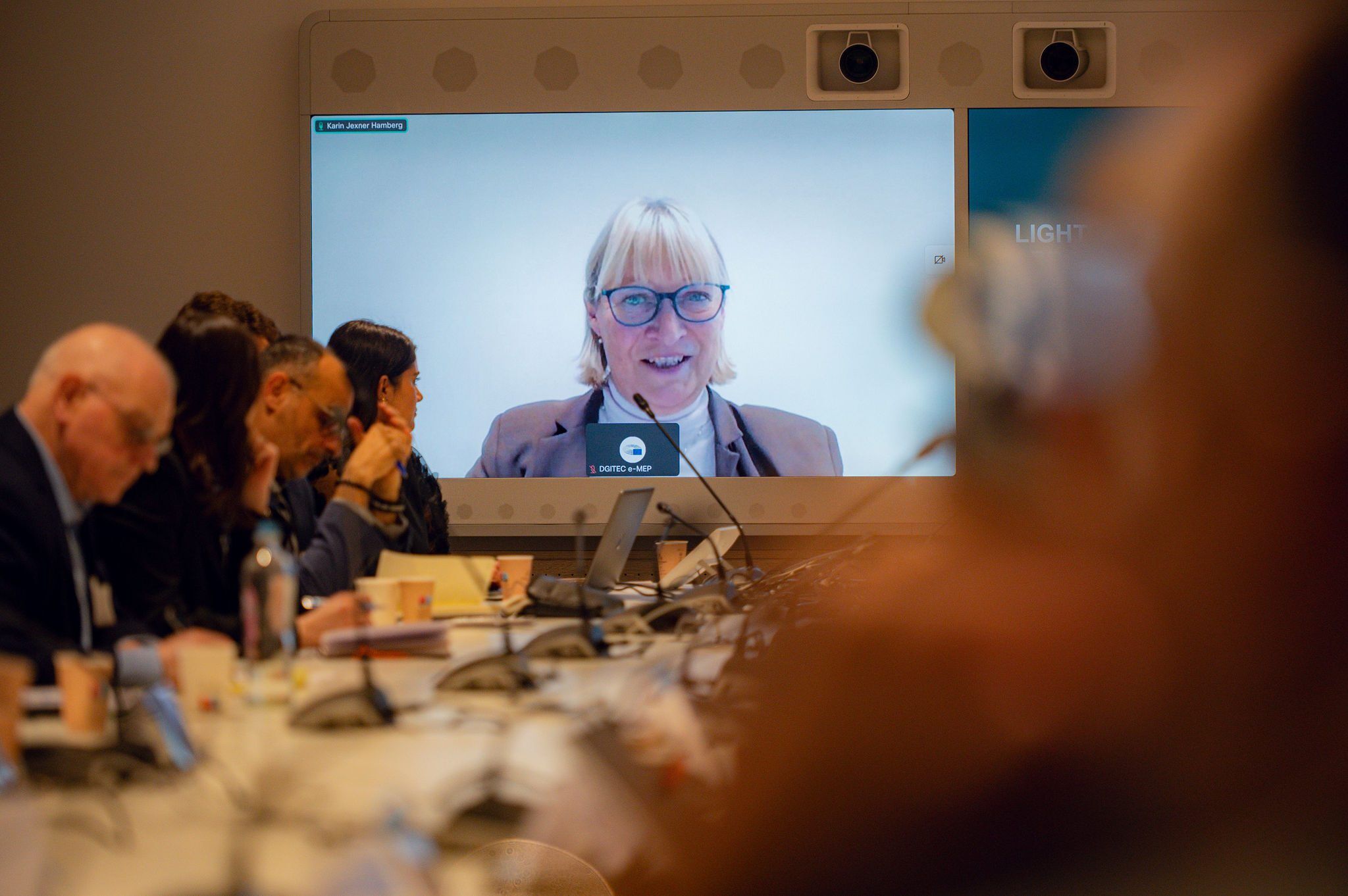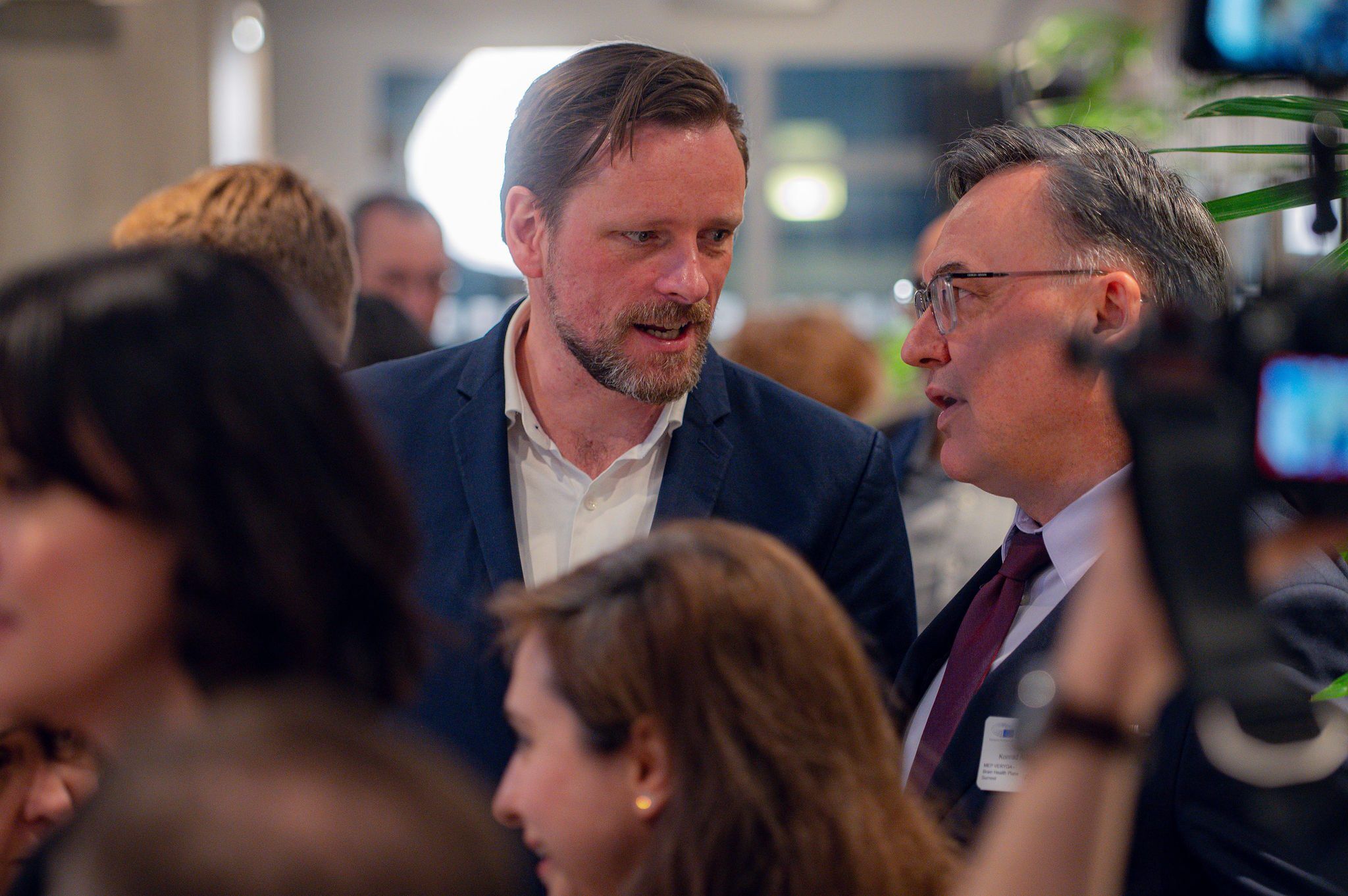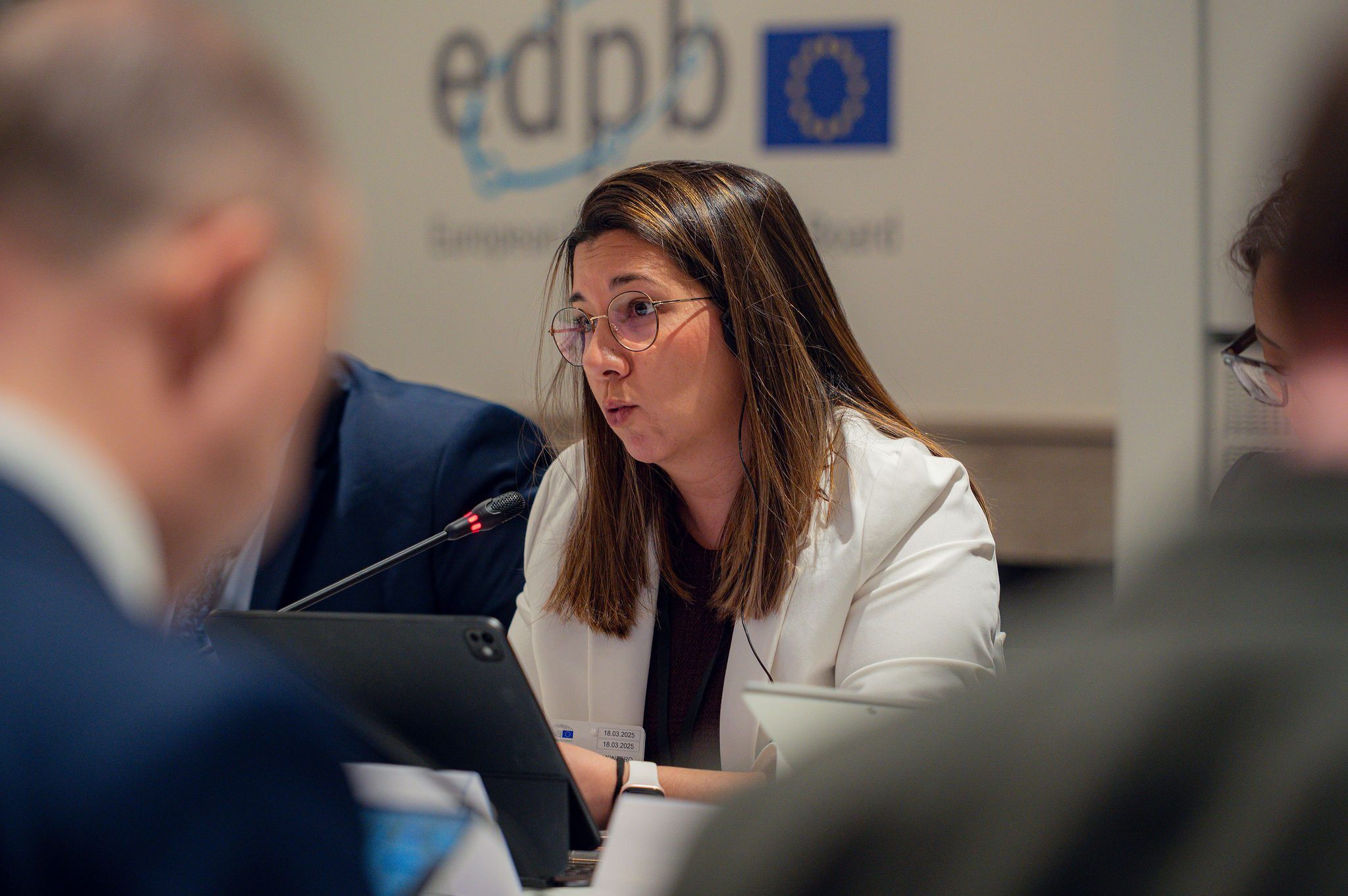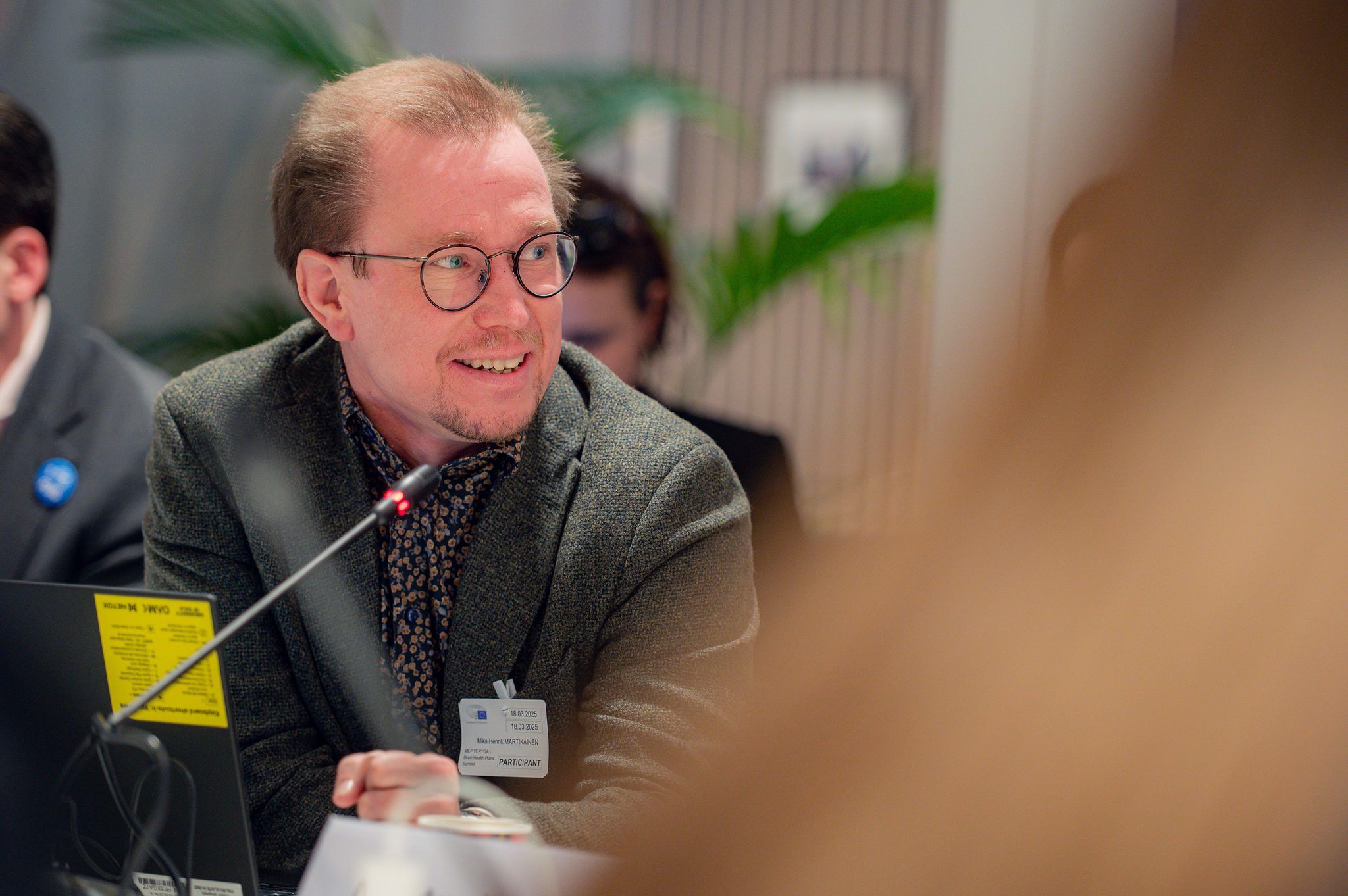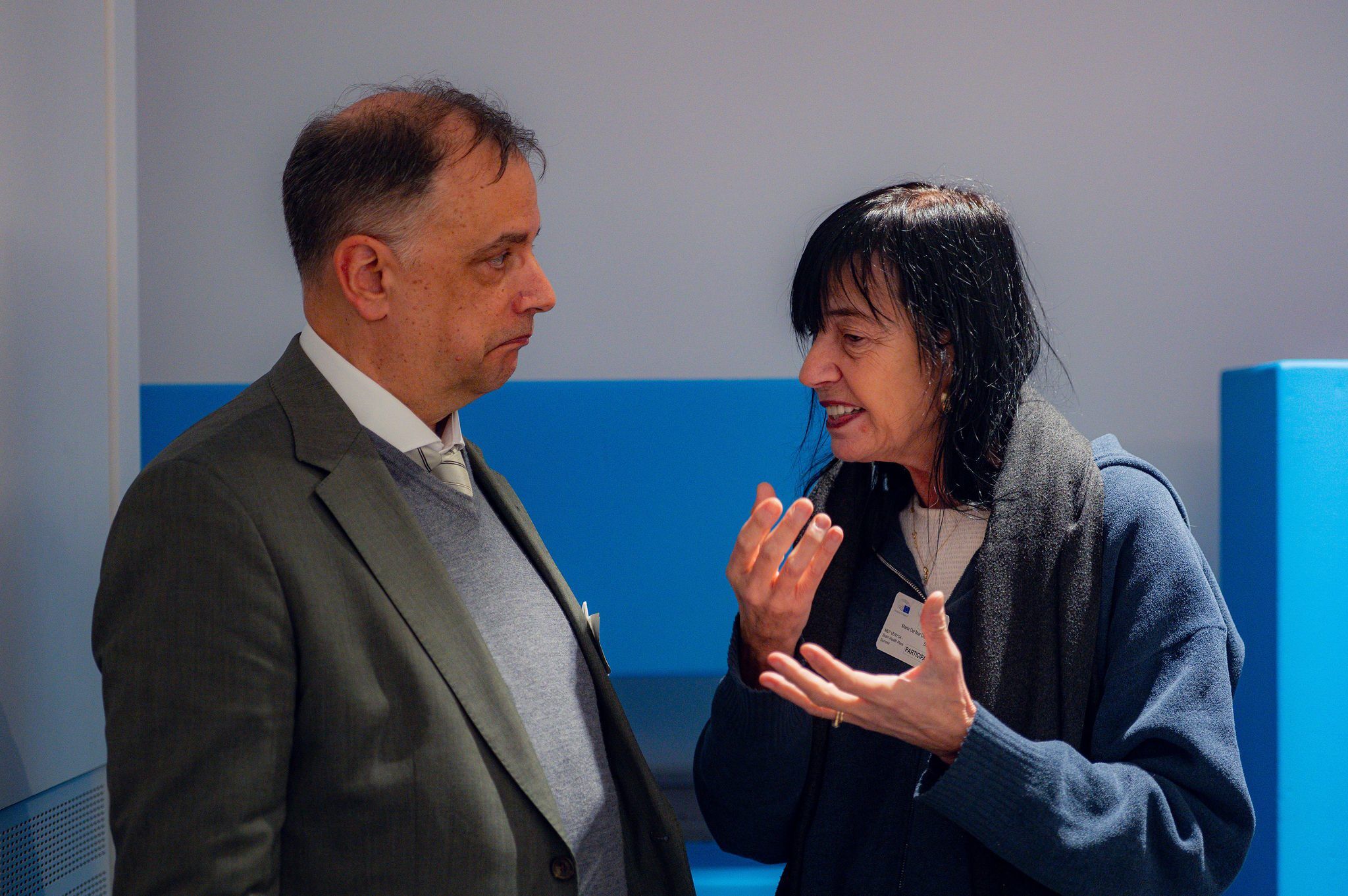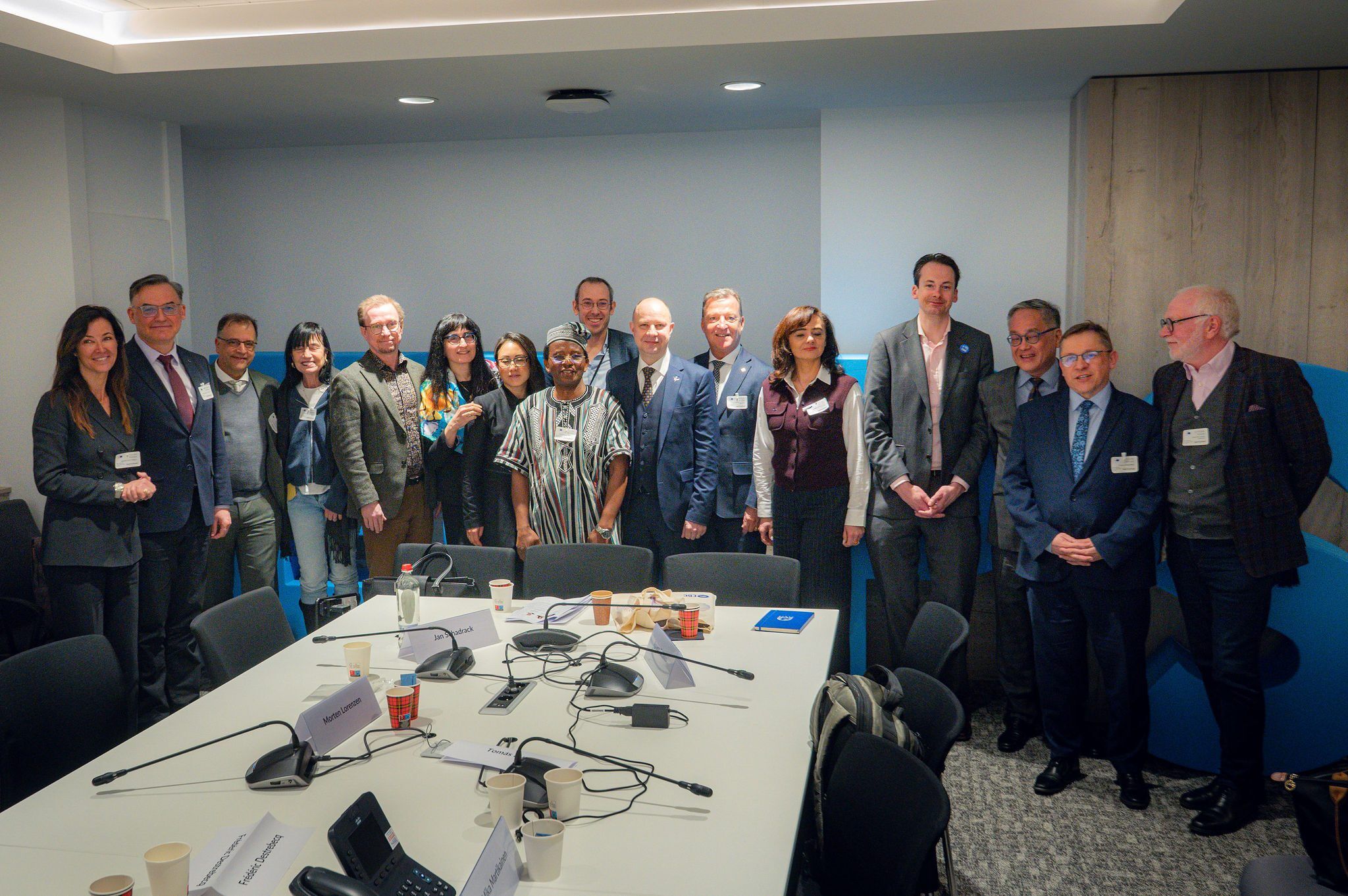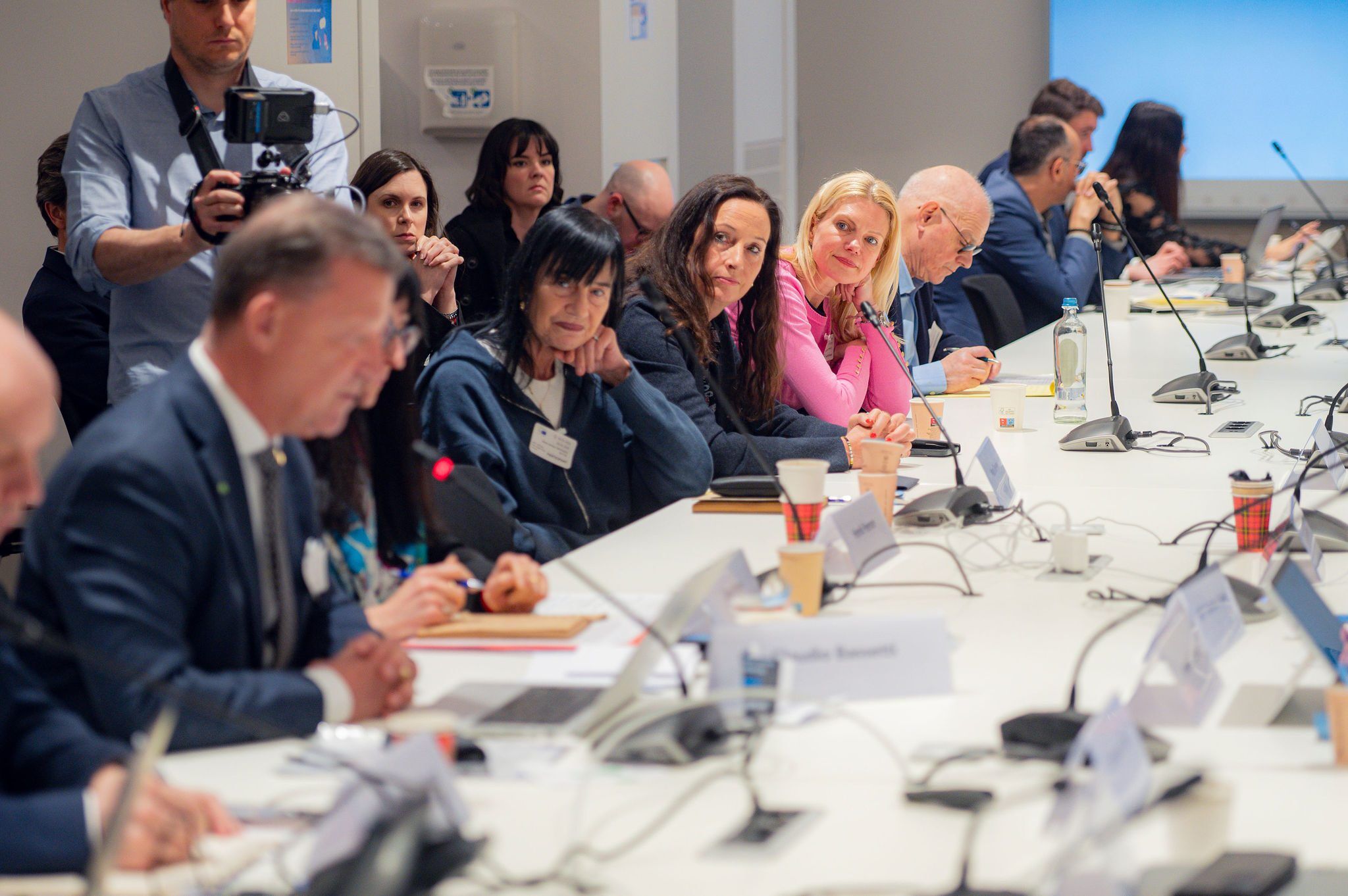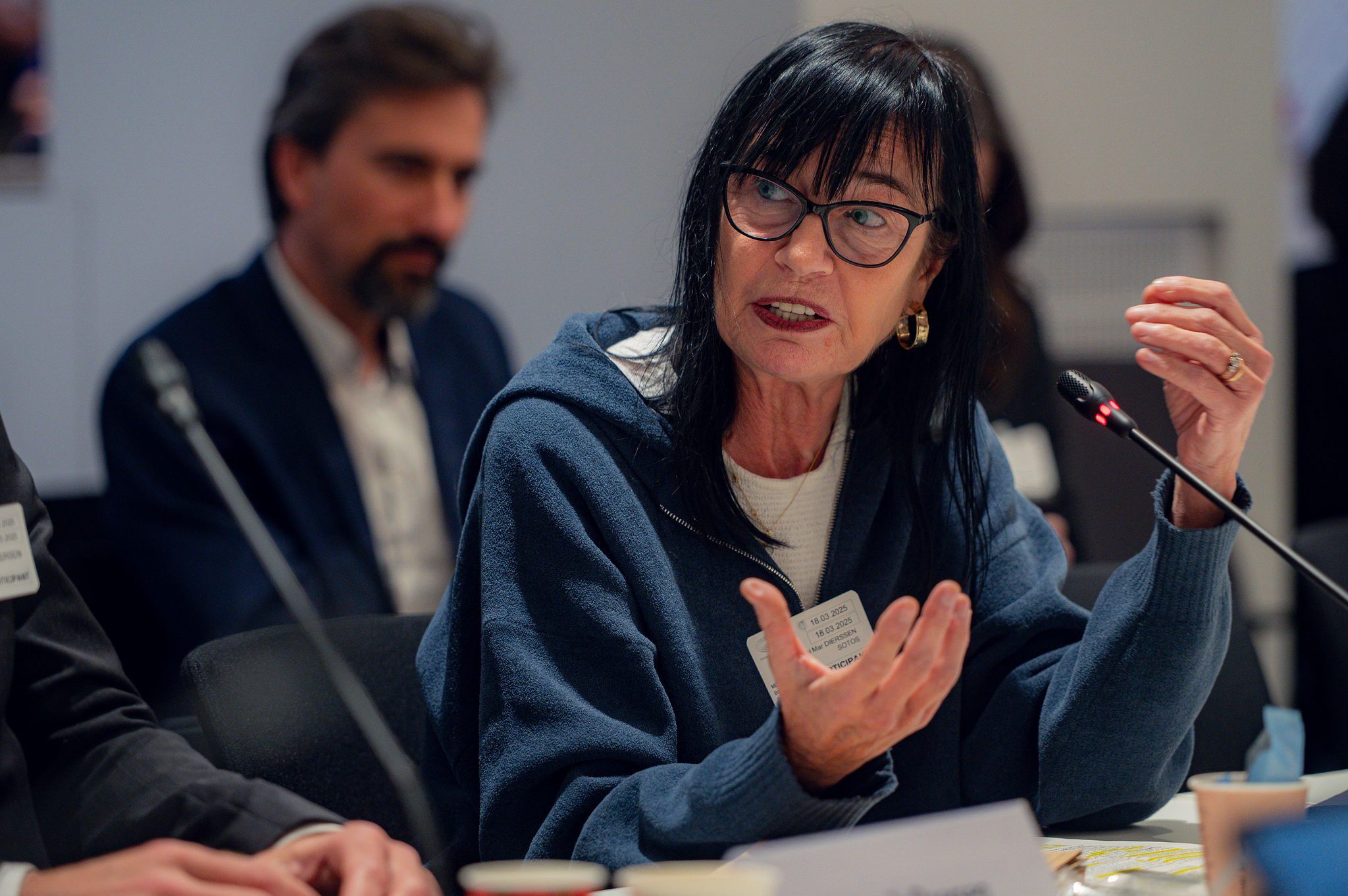
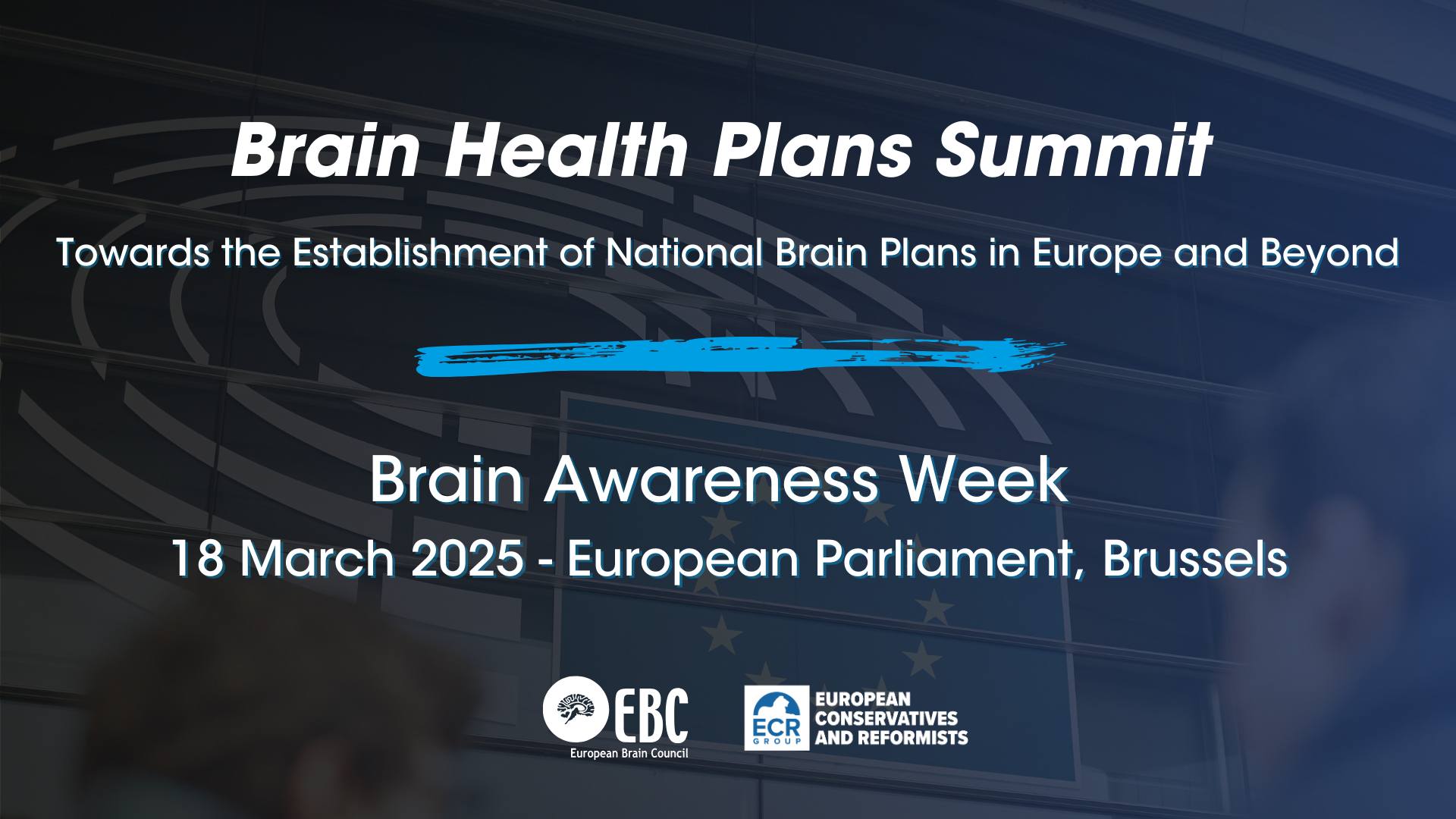
EBC Brain Awareness Week Event 2025: Towards the establishment of national brain plans in Europe and beyond
18.03.2025 @ 14:00 - 18:15
The momentum for national brain strategies is stronger than ever. On 18 March 2025, the European Brain Council (EBC) held its annual Brain Awareness Week event, titled “Brain Health Plans Summit: Towards the Establishment of National Brain Plans in Europe and Beyond”. Hosted by MEP Aurelijus Veryga (ECR, LT), Deputy Coordinator of the European Parliament’s Public Health Committee, the high-level event brought key stakeholders together from across the European Union and beyond to discuss best practices, challenges, and opportunities in advancing national brain plans.
With brain disorders being the leading cause of disability and the second leading cause of death in the world, the need for coordinated national and international action has never been more pressing. While countries such as Switzerland, Canada, Norway, Denmark, and Finland have already implemented national brain strategies, many others have set concrete short-term goals or are in the process of crafting their respective plans. The discussions that took place during the Brain Health Plans Summit underscored the importance of treating brain health as a policy priority rather than a fragmented collection of neurological and mental health challenges and sectoral approaches.
A Global Policy Momentum in National Brain Plan Development
After welcoming words from MEP Aurelijus Veryga and Claudio Bassetti (EBC, Swiss Brain Health Plan), the event kicked off with Tarun Dua’s (World Health Organisation) presentation of the current WHO Action Plans, which aim at improving the prevention, treatment, and management of brain disorders. These plans set out clear policy goals for Member States who committed to reaching them by 2030-2031. Such commitments emphasize the urgent need to establish national strategies and ensure coordinated efforts to reduce the burden posed by brain conditions, neurological and mental alike.
©️ Sylvain Crasset.
Best Practices Outside of the European Union
Emmanuel Chen (Singapore Memory Aging and Cognition Centre), Jennie Young (Canadian Brain Research Strategy), Henrik Peersen (Norwegian Brain Council) and Claudio Bassetti took the floor as representatives of countries which have successfully advanced the prioritization of brain health at national level, to share their experiences in overcoming obstacles, fostering cross-sectoral collaboration and securing commitment from policymakers. Alfred Njamnshi (BRAIN Initiative) illustrated Cameroon’s leadership in prioritising brain health across all policy areas and demonstrating the economic imperative of investing in brain health to support sustainable growth and innovation through a presentation of the Yaoundé Declaration on Brain Economy and Brain Capital.
Case Study of the Nordics, Spain and Poland
Spain’s ongoing efforts to develop a national brain health strategy were discussed by Mara Dierssen (Spanish Brain Council) and Elvira Vacas Montero (Spanish Epilepsy Federation, International Bureau for Epilepsy European Region), offering insights into the challenges of integrating brain health into national policy while associating people living with a brain condition. Poland’s early steps in leveraging its EU Presidency to establish its own national strategy underscored the importance of political leadership in driving change. Izabella Dessoulavy-Gladysz (Mental Power Foundation), Cezary Mazurek (Poznań Supercomputing and Networking Center) & Kondrad Rejdak (Medical University of Lublin) also insisted on the crucial role of data and research infrastructures, and the need to include clinical expertise in community-driven initiatives. The session on the Nordic experiences provided a powerful case study of how regional cooperation can enhance national efforts, through showcasing examples of national strategies already in place shared by Henrik Peersen, Mika Martikainen (Finnish Brain Council) and Morten Lorenzen (Danish Brain Council).
©️ Sylvain Crasset.
Strengthening the Research and Innovation Ecosystem
As brain conditions remain amongst the most complex conditions to understand and treat, continued research and development in the brain space therefore remain crucial. Karin Hamberg (Lundbeck) illustrated how national initiatives can significantly accelerate research, drive investment, and enhance collaboration between stakeholders by presenting Lundbeck’s Lighthouse Life Science. Tomás Ryan (FENS Advocacy Committee), Agnese Cattaneo (Angelini Pharma) & Jan Schadrack (Roche) then discussed ways in which the EU could strengthen its efforts to foster the emergence of a European Brain Health Research & Innovation Ecosystem, particularly through larger-scale initiatives such as the upcoming European Partnership for Brain Health.
Towards an EU Coordination Plan for the Brain
A fireside chat between MEP Tomislav Sokol (EPP, CR) and Elena Moro (European Academy of Neurology) explored the case for an EU Coordination Plan for the Brain, emphasizing the need for an integrated, EU-wide approach to research, policy, and funding to address the growing burden of brain disorders and work towards brain-healthy societies. The panel concluded on a call to better streamline and align national regulations and policies, as an essential step towards an ambitious EU Health Union.
A Call for Continued Action
The event clearly demonstrated that, while significant progress has been made in the past years, sustained collaboration and further commitments are needed to advance national and international brain strategies. By fostering cross-border alliances and aligning efforts under a cohesive and ambitious EU Coordination Plan for the Brain, stakeholders can drive meaningful policy change, ensure adequate investment in research and innovation, and ultimately improve the lives of the millions of Europeans living with a brain disorder.
The outcomes of this event will serve as a key building block for the upcoming strategic discussions such as the World Health Assembly, the 80th United Nations General Assembly, the 4th High-Level Meeting on Noncommunicable Diseases, the G7 and G20 meetings. By maintaining this momentum and engaging with policymakers across the policy landscape, EBC, its member organizations and the broader brain community will continue to push for impactful and tangible change in the way brain health, research and innovation are prioritized on national and global policy agendas.
Watch the Aftermovie
Watch the Full Recording
Programme
Welcome and Opening
14:00 – 14:05
Word of Welcome by Convening MEP
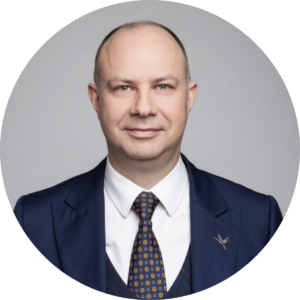
MEP Aurelijus Veryga (ECR, LT)
14:05 – 14:15
Brain Health on the Rise: WHO Action Plans

Tarun Dua,
Head of Brain Health Unit, World Health Organisation
Collaboration Across Borders: Best Practices for Establishing and Scaling National Brain Health Plans
14:15 – 15:00

Claudio Bassetti,
Chair, Swiss Brain Health Plan (SBHP) and Vice President, European Brain Council

Christopher Chen, Director, Memory Aging and Cognition Centre, National University Health System,
Singapore

Jennie Z. Young, Executive Director, Canadian Brain Research Strategy

Henrik Peersen, Secretary General, Norwegian Brain Plan

Frédéric Destrebecq, Executive Director, European Brain Council
Keynote Address: The Yaoundé Declaration
15:00 – 15:10
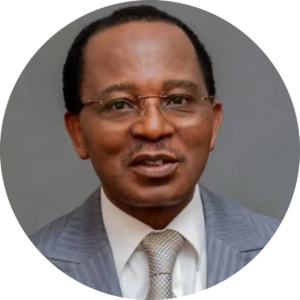
Alfred K. Njamnshi, CEO and Founder, Brain Research Africa Initiative (BRAIN); World Federation of
Neurology Delegate for Cameroon
15:10 – 15:25
Open Discussion #1
Deep Dive into an EU Country Perspective – Spain
(Panel in Spanish, EN-ES Interpretation Provided)
15:25 – 15:45

Mara Dierssen, President, Spanish Brain Council

Elvira Vacas Montero, President, Spanish Epilepsy Federation; Vice-President, International Bureau for Epilepsy European Region

Claudio Bassetti,
Chair, Swiss Brain Health Plan (SBHP) and Vice President, European Brain Council
15:45 – 16:00
Break
Fireside Chat: EU Presidency Momentum: Developments of a Polish Brain Council and Plan
16:00 – 16:30

Konrad Rejdak,
Chair, Department of Neurology, Medical University of Lublin, Poland
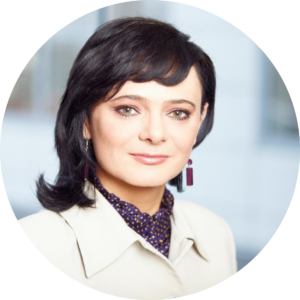
Izabella Dessoulavy-Gladysz,
CEO & Founder, Mental Power Fundacja dla Zdrowia Mózgu

Cezary Mazurek,
Head of the Digital Medicine Department, Poznań Supercomputing and Networking Center

Claudio Bassetti,
Chair, Swiss Brain Health Plan (SBHP) and Vice President, European Brain Council
Case Study from the Nordics
16:30 – 17:00

Morten Lorenzen, Director, Danish Brain Council

Mika Martikainen, Chair, Finnish Brain Council; Professor of Neurology, University of Oulu

Henrik Peersen, Secretary General, Norwegian Brain Plan

Frédéric Destrebecq, Executive Director, European Brain Council
Leveraging National Initiatives: Lighthouse Life Science
17:00 – 17:10

Karin Hamberg, SVP & Chief Medical Officer, Lundbeck
Building on the Upcoming European Brain Health Partnership
17:10 – 17:40

Tomás Ryan,
Advocacy Committee Chair, Federation of European Neuroscience Societies (FENS); Board Member, European Brain Council

Agnese Cattaneo,
Chief Medical Officer, Angelini Pharma

Jan Schadrack, Therapeutic Area Head Neuroscience and Rare Diseases, Roche

Frédéric Destrebecq, Executive Director, European Brain Council
17:40 – 17:55
Open Discussion #2
Fireside Chat: Towards an EU Coordination Plan – Scaling Up EU-Wide Efforts: The Case for Brain Health & Brain Capital
17:55 – 18:10
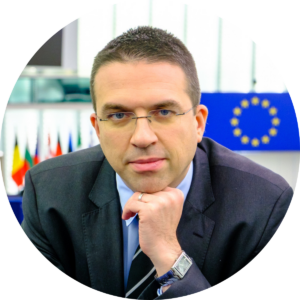
MEP Tomislav Sokol, Croatia (EPP)

Elena Moro, President, European Academy of Neurology (EAN)

Frédéric Destrebecq, Executive Director, European Brain Council
Concluding Statements
18:10 – 18:15

Claudio Bassetti, Chair, Swiss Brain Health Plan (SBHP) and Vice President, European Brain Council


